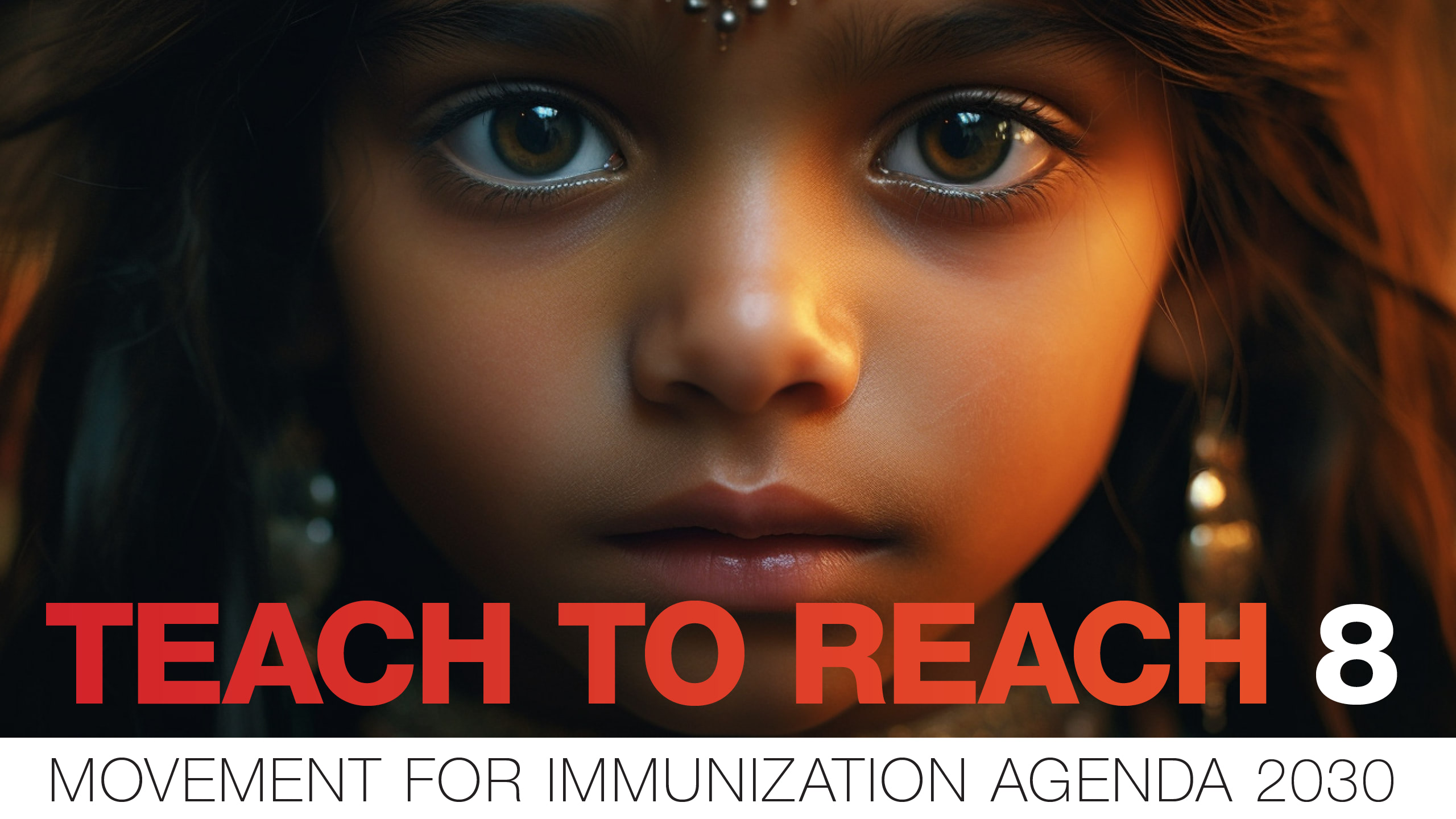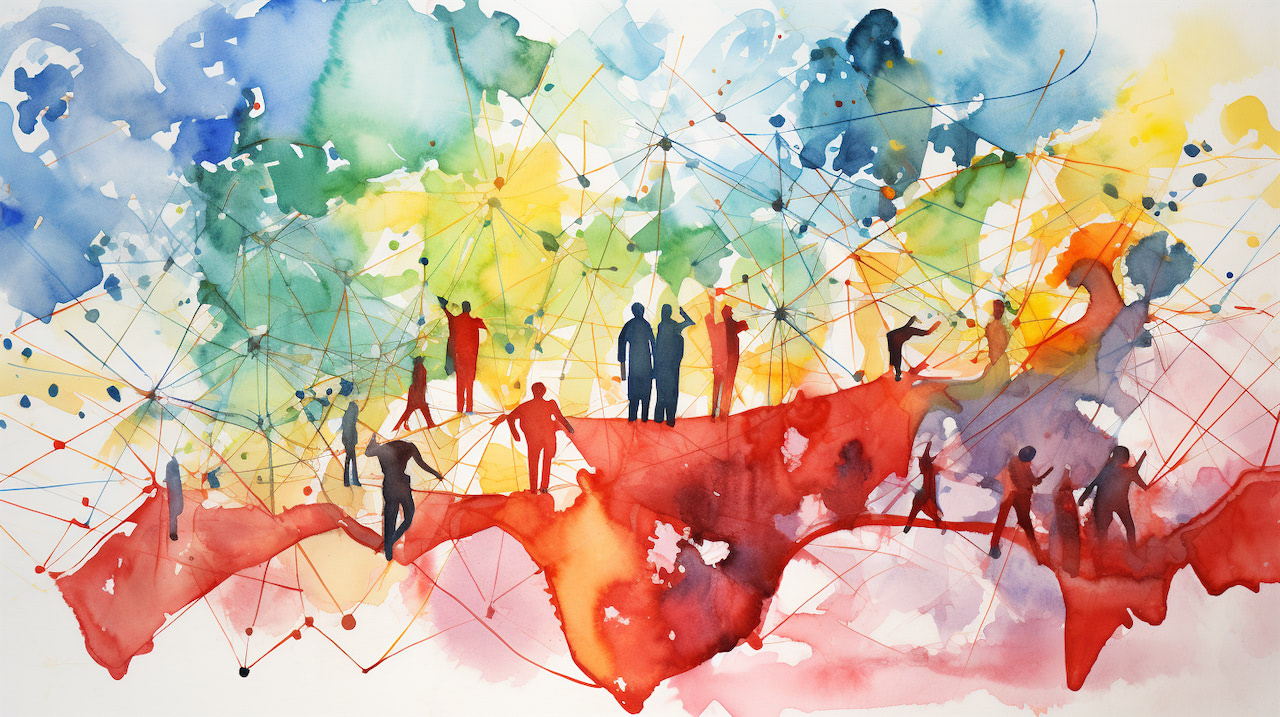
Teach to Reach are fast-paced, dynamic digital events connecting local and global practitioners to each other in a new, potentially transformative shared dialogue.

Teach to Reach are fast-paced, dynamic digital events connecting local and global practitioners to each other in a new, potentially transformative shared dialogue.

We honor everyone who is joining the Special Event “From community to planet: Health professionals on the frontlines of climate change”: health staff from immunization and other areas of health – environmental health and One Health, but also those who fight neglected tropical diseases (NTDs), HIV, and other ailments.

By Julie Jacobson, Alan Brooks, Charlotte Mbuh, and Reda Sadki The escalating threats of climate change cast long shadows over global health, including increases in disease epidemics, profound impacts on mental health, disruptions to health infrastructure, and alterations in the severity and geographical distribution of diseases.

With climate-driven shifts in disease patterns and emerging health threats, the need for a robust immunization infrastructure is more obvious than ever. As the demand for both existing and novel vaccines rises in response to an expanding disease burden and new health threats, immunization staff will inevitably play a key role.

I’ve been doing a lot of thinking recently about an interesting question, as I’ve observed myself and colleagues starting to travel again: “Why are we again funding high-cost, low-volume face-to-face conferences that yield, at best, uncertain outcomes?” I am surprised to have to ask this question.

Lire la version française: Pourquoi un manifeste open-source pour la santé globale?

Read this in English: Why an open-source manifesto for global health?

In the realm of classical music, the orchestra stands as a formidable emblem of aesthetic grandeur and refinement. However, beneath the veneer of sophistication lies a deeply entrenched system that stymies the potential for creative exploration and spontaneity.

The ways of knowing of health professionals who work on the front lines are distinct because no one else is there every day . Yet they are typically absent from the global table, even though the significance of local knowledge and action is increasingly recognized. In the quest to achieve global health goals, what value should professionals within global health agencies ascribe to local experience?

“Some individuals are acknowledged as credible knowers within global health, while the knowledge held by others may be given less credibility.” – (Himani Bhakuni and Seye Abimbola in The Lancet , 2021) “Immunization Agenda 2030” or “IA2030” is a strategy that was unanimously adopted at the World Health Assembly in 2020.